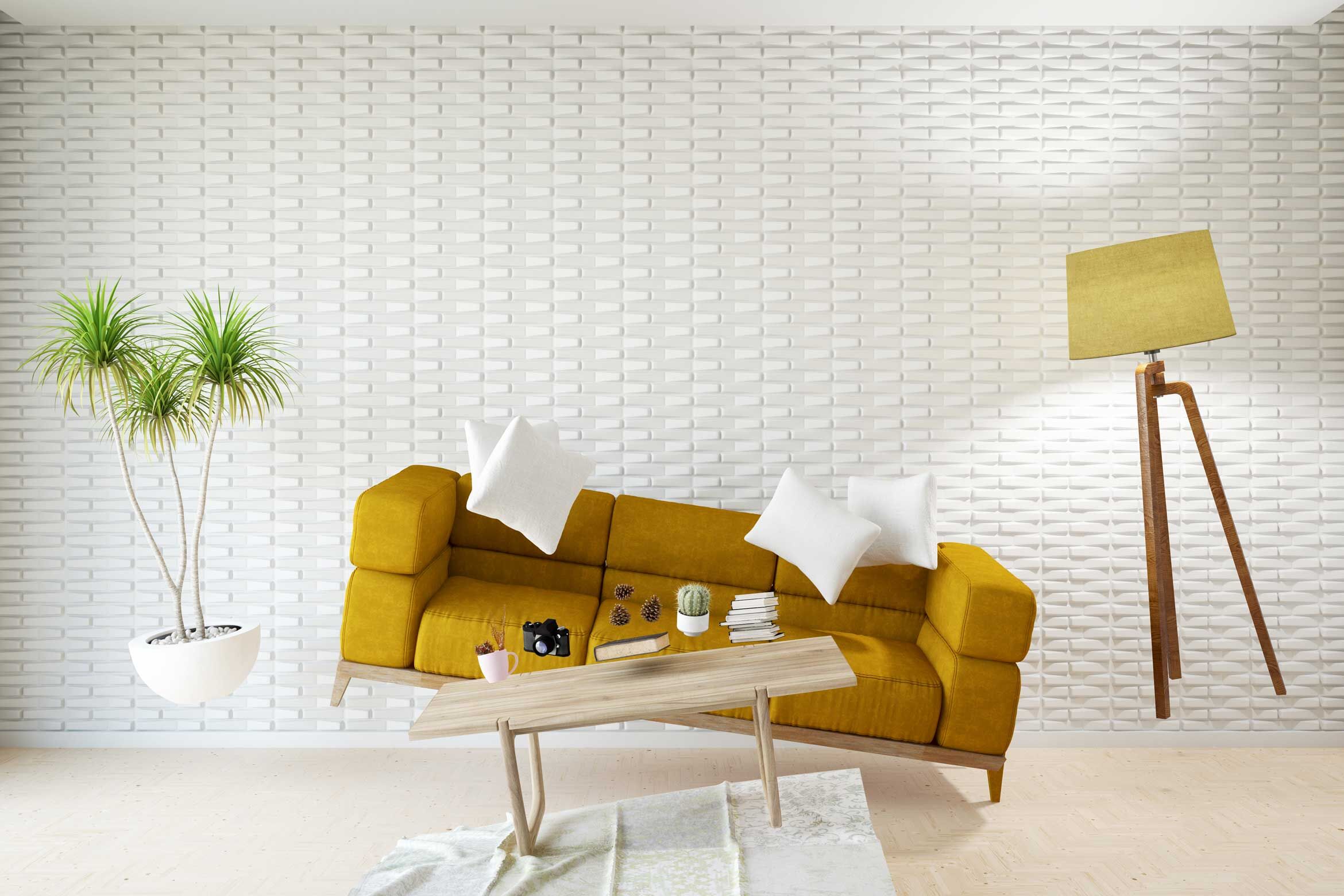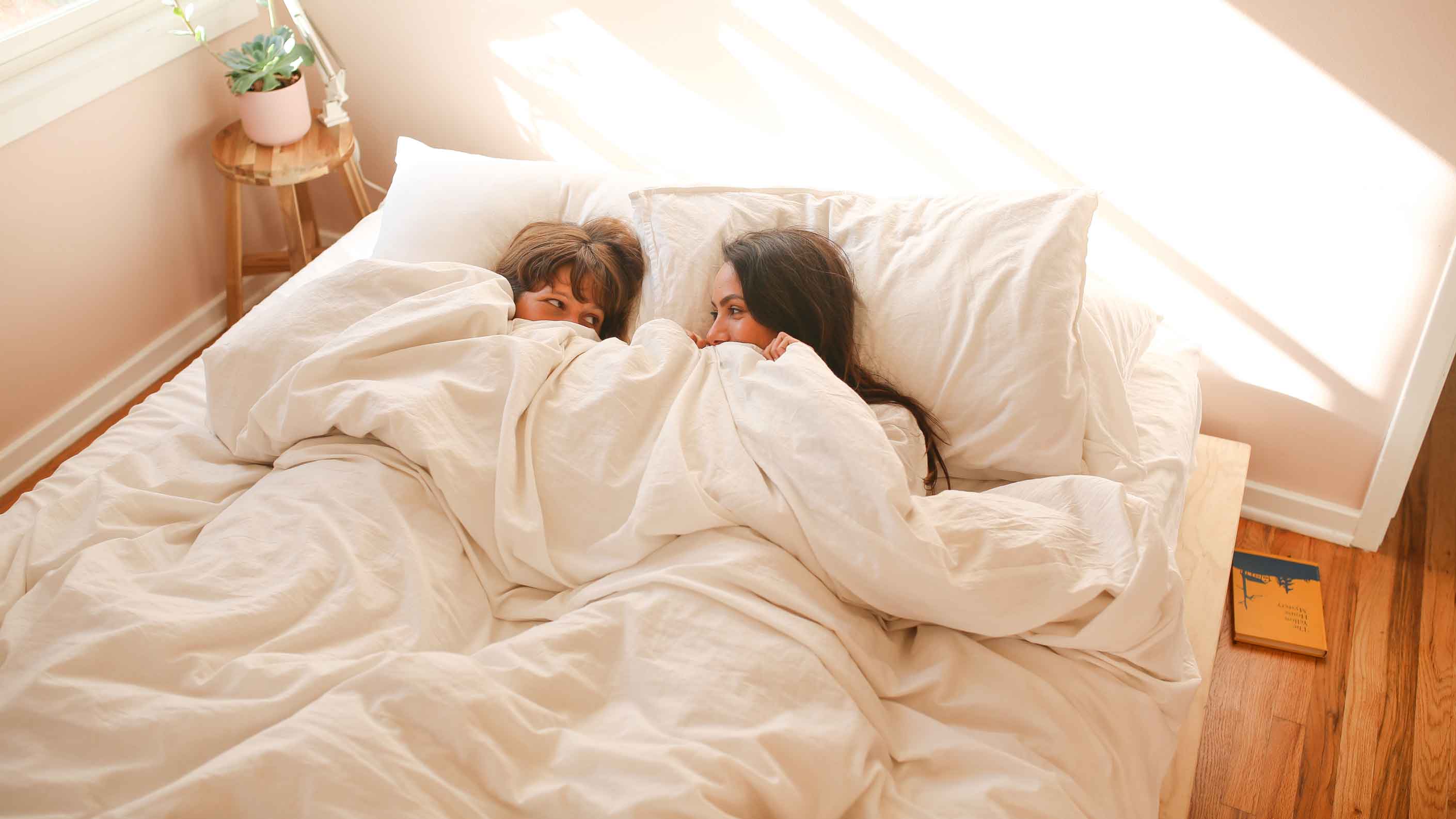‘Furnishing our homes makes us all cavemen again’
Simone Rauch from Zurich specialises in psychology relating to housing. She tells us why we shouldn’t only listen to our instincts and how our ‘dream home’ can be bad for our health.
As a psychotherapist you also offer psychological consultations relating to housing. Who is interested in this?
People might ask me for a consultation if they are thinking about housing in general. For example, they might be planning to buy a house or flat and wondering what kind of environment is right for them in the long term. They are often families or couples who are already living together. Other clients come to me for help with other problems, such as depression, but we also end up discussing their living situation because this can have a major impact on their well-being. For example, cramped conditions often lead to stress and can aggravate other mental health issues. I would love to work with architects and project managers during the design and planning stage so that I can help to ensure buildings actually meet people’s needs.
‘If you don’t feel good in your home it doesn’t mean you immediately have to move out.’
It’s often difficult to change your living situation, not just in a city like Zurich.
Yes, but if you don’t feel good in your home it doesn’t mean you immediately have to move out. There are lots of things you can do to improve it without spending much money, such as simply rearranging things to suit you better. Something simple like a room divider instantly gives you more privacy. And if you’re not lucky enough to see trees through your window, you can bring the relaxing quality of nature into your home through house plants or pictures.
Most people furnish their homes themselves, so why don’t they feel good in them?
Because people often ignore their needs – which are sometimes subconscious – when it comes to their homes! Or they place importance on the wrong things. For example, someone wants an uncluttered apartment so that it’s easy to clean. So they buy simple furniture and lay a tiled floor, which they can just wipe with a mop. At first they love it, but as time goes by they start to feel less happy about the functional décor because it seems very cold. The same applies to the industrial chic that was so popular for a long time, or completely white interiors.
What exactly is the problem with that?
This kind of décor provides very little positive stimulation for the senses, and it doesn’t give you the feeling of relaxation that you need. It’s more likely to lead to feelings of restlessness and irritability, so it could contribute to increased social conflict.
‘White interiors don’t give you the feeling of relaxation that you need.’
So do most people get it wrong?
Most people have an instinct for what makes them feel good. But they aren’t usually aware of how the layout and décor of their home can make them feel constricted. As a result, they often use their living space in ways that are less than ideal. For example, open-plan living rooms often cause problems because one person wants to cook in peace while the other has the TV blaring out. It’s important to try to solve these problems with your family or housemates by creating areas for retreat – and not just their own room. Because living in harmony requires people to talk to each other and discuss any issues.

So should we furnish our homes in a very considered way?
Not necessarily. Some people have good instincts and immediately know what is right for them. In general, you make good decisions when you combine knowledge with emotion. When deciding on your décor, you should ask yourself the following key questions: What do I need to feel safe and relaxed? And how do I create an emotional connection to my home? To do this, some people need to hang curtains at large windows. Others need to surround themselves with traditional wooden furniture or personal mementos. We are often subconsciously guided by positive experiences from the past or our childhood homes. Furnishing our homes makes us all cavemen again.
What do you mean?
Our evolutionary history has an impact on how we arrange our space, for example, we like to be able to see the whole room. That’s why we often prefer to sit at a table with our back to the wall. In the bedroom, we usually position the bed so that we can see the door – we subconsciously feel that we want to be able to escape quickly in the event of danger.
The coronavirus means that most people in Zurich have spent more time at home than ever before. Will it permanently change how we feel about our homes?
I can only speculate. When the pandemic first started, most people enjoyed being at home. It allowed them to slow down and spend time with their loved ones. But the mood gradually changed. People began to feel hemmed in and on top of one another. They soon realised that their homes might be beautiful, but they weren’t functional. If more people are still working from home after the pandemic, they will inevitably have to rearrange their homes and create separate zones to avoid conflicts of use – at the end of the day, their home now has an additional function.





